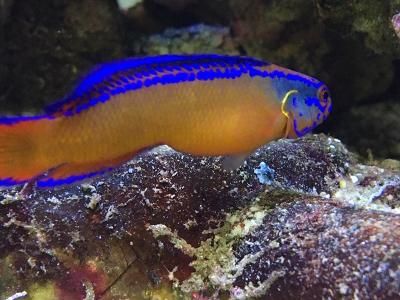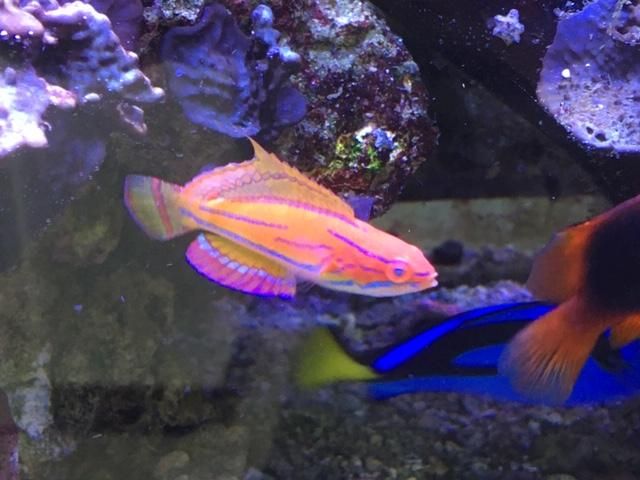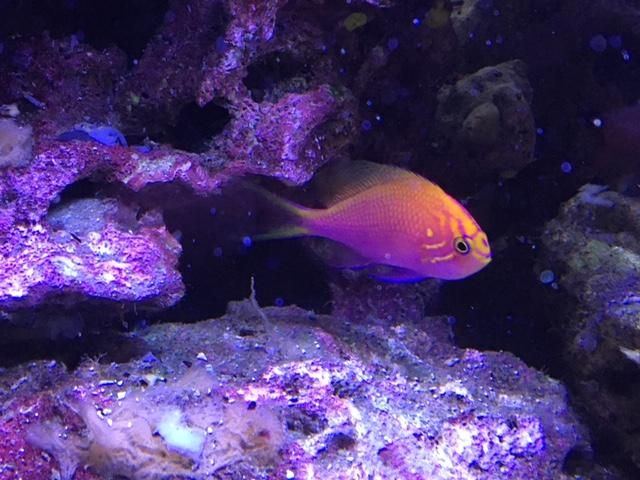Like usually this topics really has two camps that are heavily entrenched haha.
First of, I don’t think a sterile QT where you bombard the fish with poison (copper) on the of chance that it’s sick is a good idea. That to me is like doing a round of chemo because you might have cancer.
However, a observation tank that is set up like a standard reef tank where you place new arrivals is, in my opinion, very helpful. Mainly to give the fish a break and let’s you get it accustomed to prepared food etc.
Now, I don’t QT my fish and in close to 20 years haven’t had a problem. The only thing I’m worried about is velvet but that doesn’t seem to be as prevalent here in Europe as in the US.
It’s worth mentioning that I only by fish in person that I can observe for an extended period of time.
I do have ich (and probably other stuff to) in my tank but, in my opinion, that only becomes a problem if there’s something seriously of with the tank.
I have seen instances where people have managed velvet in their tanks but that has a much lower chance of success. Fortunately I’ve never even seen marine velvet in real life.
First of, I don’t think a sterile QT where you bombard the fish with poison (copper) on the of chance that it’s sick is a good idea. That to me is like doing a round of chemo because you might have cancer.
However, a observation tank that is set up like a standard reef tank where you place new arrivals is, in my opinion, very helpful. Mainly to give the fish a break and let’s you get it accustomed to prepared food etc.
Now, I don’t QT my fish and in close to 20 years haven’t had a problem. The only thing I’m worried about is velvet but that doesn’t seem to be as prevalent here in Europe as in the US.
It’s worth mentioning that I only by fish in person that I can observe for an extended period of time.
I do have ich (and probably other stuff to) in my tank but, in my opinion, that only becomes a problem if there’s something seriously of with the tank.
I have seen instances where people have managed velvet in their tanks but that has a much lower chance of success. Fortunately I’ve never even seen marine velvet in real life.
























